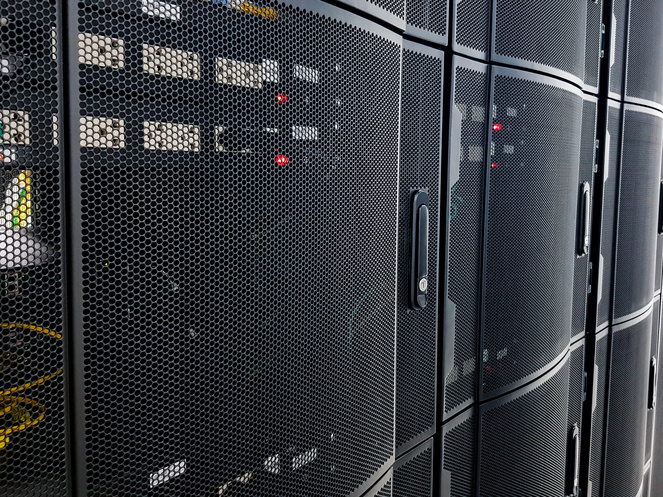A colocation data center plays a vital role in disaster recovery and business continuity for organizations of all sizes. These facilities, such as the ones LinkSecured has across the United States, provide a secure and reliable environment for storing and managing critical data and IT infrastructure, ensuring that businesses can access their resources and maintain operations in the face of unexpected disruptions. Before we take a deep dive into how this service can help your business prevent a disaster lets take a look at what colocation is:
What is Colocation?
Colocation, also known as “colocation hosting,” is a type of data center service in which a business rents space for its server and other computing equipment in a facility owned and operated by a third-party provider. The provider typically offers a secure, temperature-controlled environment and redundant power and Internet connectivity to ensure that the customer’s equipment is always available and running smoothly.
In a colo arrangement, the customer is responsible for purchasing, installing, and maintaining its hardware and software, while the colocation provider is responsible for maintaining the physical infrastructure of the data center, such as the servers, storage, and networking equipment. The customer pays a monthly or annual fee to the provider in exchange for access to the data center and its resources.
They are often used by businesses that require a high level of uptime and reliability for their computing infrastructure but do not want to invest in the cost of building and maintaining their own data center. It is also a popular option for businesses that need to access specialized resources, such as high-performance computing or artificial intelligence, but do not have the expertise or resources to manage these resources in-house.
Advantages
One of the main advantages of using colocation for disaster recovery is the level of security and protection it provides. Colo facilities are designed with robust physical and digital security measures, including redundant power systems, redundant network connectivity, and advanced fire suppression systems. You can also expect strict access controls and monitoring protocols to prevent unauthorized access to sensitive data.
Additionally, in the event of a disaster, such as a natural disaster or cyber attack, a colocation center can serve as a secure and reliable backup location for an organization’s data and IT infrastructure. For example, suppose you have a business in a Hurricane prone area. In that case, you can use colocation to have backups in multiple locations to ensure no disaster will compromise your business dealings. In fact, most data centers have multiple layers of redundancy built into their systems, so if one component fails, another can take over to keep the data center running smoothly. This level of redundancy is critical for ensuring business continuity and minimizing downtime during a disaster.
Key Takeaways
Almost all data centers offer various services and resources to help businesses develop and implement effective disaster recovery plans, but at LinkSecured, we take it a step further. We include assistance with developing business continuity plans, performing risk assessments, and testing disaster recovery systems and processes. Another key benefit of using colo data for disaster recovery is the ability to scale resources as needed. For example, if an organization experiences a significant disruption, it may need to temporarily increase its IT infrastructure to support its business continuity efforts.
LinkSecured can provide the necessary resources on an as-needed basis, allowing organizations to scale up their IT infrastructure quickly and efficiently. Additionally, by using colo, organizations can benefit from enhanced security and protection, scalable resources, and expert support and guidance, all of which are essential for effective disaster recovery and business continuity.

